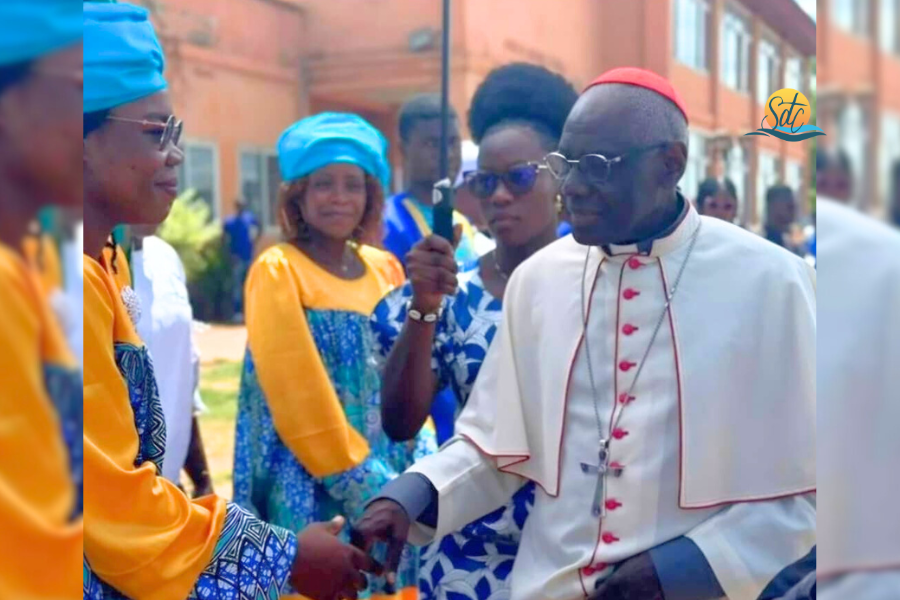A perfect synergy and collaboration for world evangelization.
The community of Kandi, Benin, West Africa, shares with us a reflection on the importance of collaboration between laity and clergy as witnesses of the Gospel message.
In this way, the face of the whole Church will change: Church of communion, Church of responsibility, Church of humanity, fraternal and synodal.
“The laity in the Catholic Church are neither clergy nor members of a religious congregation.
The laity are the people of God, called to cooperate with priests and religious men and women through baptism and other sacraments, by the word and example of their Christian lives, as witnesses to the Gospel message.
Priests cannot do everything on their own; the laity are there to help them. But at the same time, there can be no laity without a priest to accompany them and say Mass for them. The two are complementary. They are called to work together, to dialogue for the salvation of humanity.

The laity play a leading role in the Church’s evangelizing mission because they are the most numerous in the Church and live their lives in the mission field. But it is not their vocation to try to take the place of the clergy or a priest or nun in their mission. Clergy and laity must work in perfect synergy, in perfect collaboration for the evangelization of the world.
In this way, the face of the whole Church will change: Church of communion, Church of responsibility, Church of humanity, fraternal and synodal“.
Community of Kandi






